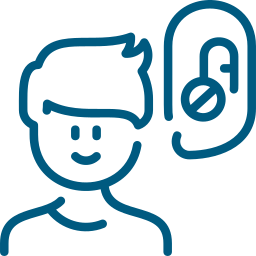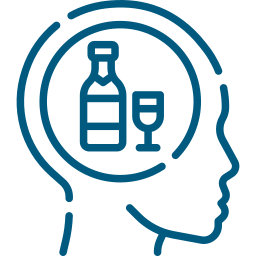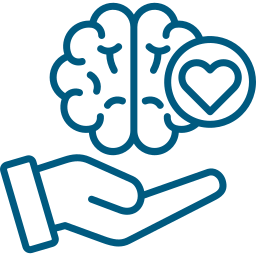Recovery Bay Center Alcohol and Drug Rehab Center
Welcome to Recovery Bay Center a luxury addiction rehabilitation center for men.
We are the leaders in treating substance use disorders. Make the rest of your life the best of your life. Contact us today – We Believe in You!
Make the rest of your life the best of your life!
Recovery Bay Center is a specialized treatment facility offering a 45–60 day rehabilitation program for men seeking recovery from drug and alcohol addiction. Located on some of the world’s most beautiful beaches, our center provides high-end amenities and accommodations in a private, comfortable environment. Survivors enjoy private and semi-private rooms, gourmet meals, wellness treatments, and a variety of recreational activities.
In addition to an upscale residential experience, we deliver a full spectrum of evidence-based therapies and personalized treatment plans. Our team of experienced professionals and medical doctors is dedicated to guiding Survivors toward long-lasting recovery. Recovery Bay is the best men’s drug and alcohol rehab center—because living your best life starts here.
Comprehensive Drug and Alcohol Addiction Treatment
Individualized Treatment For Survivors Our exceptional team of clinicians and professional staff partner with each Survivor to create a path to long-term recovery that is specific to their needs.

Medical Detox

Addiction Treatment

Mental Health Support
Our 45 – 60 day Drug and Alcohol Rehab program specializes in helping individuals overcome depression, anxiety, trauma, and substance use disorder. We recognize that mental and physical health go hand-in-hand, which is why our clinicians and wellness staff collaborate closely to provide you with the best treatment experience possible.
We Accept Insurance










We're Here for You!
Our Admissions Coordinators are available 24/7 to answer questions about treatment, admissions, or any other questions you may have about addiction care.
Trustindex verifies that the original source of the review is Google. They really care, and it’s a nice place.Trustindex verifies that the original source of the review is Google. This place is great..with staff that truly cares for you,and a chef to that prepares each meal with love..24 hour nursing staff that knows exactly what you need.and therapists that get to the cause of your addiction..this place showed me that I can be happy in sobriety..and after 35 long years in addiction to opiates ..I want to thank Marcus and all staff at recovery bay.for helping me get my life back!! I am sober and confident that I will remaine that way.Trustindex verifies that the original source of the review is Google. Recovery Bay offers hope and healing while going through the difficult time of addiction recovery. The staff and therapists are amazing who give a compassionate and holistic approach. Their programs are individualized, comprehensive ,and evidence-based. If you want a renewed purpose, go to Recovery Bay!Trustindex verifies that the original source of the review is Google. Amazing facility. The whole vibe is calm, serene and intimate. Top notch therapists with an extremely experienced clinical director. If your loved one needs priority attention then you’ve found it. I would recommend RBC 100% which also offers an in house chef as an added bonus.Trustindex verifies that the original source of the review is Google. Great and caring staff that goes above and beyond expectations! I would not recommend any other facility! This place saved my life and I’m forever gratefulTrustindex verifies that the original source of the review is Google. Amazing staff, clean, comfortable beds and rooms, I love that they offer wellbrity. 5 stars all around.




